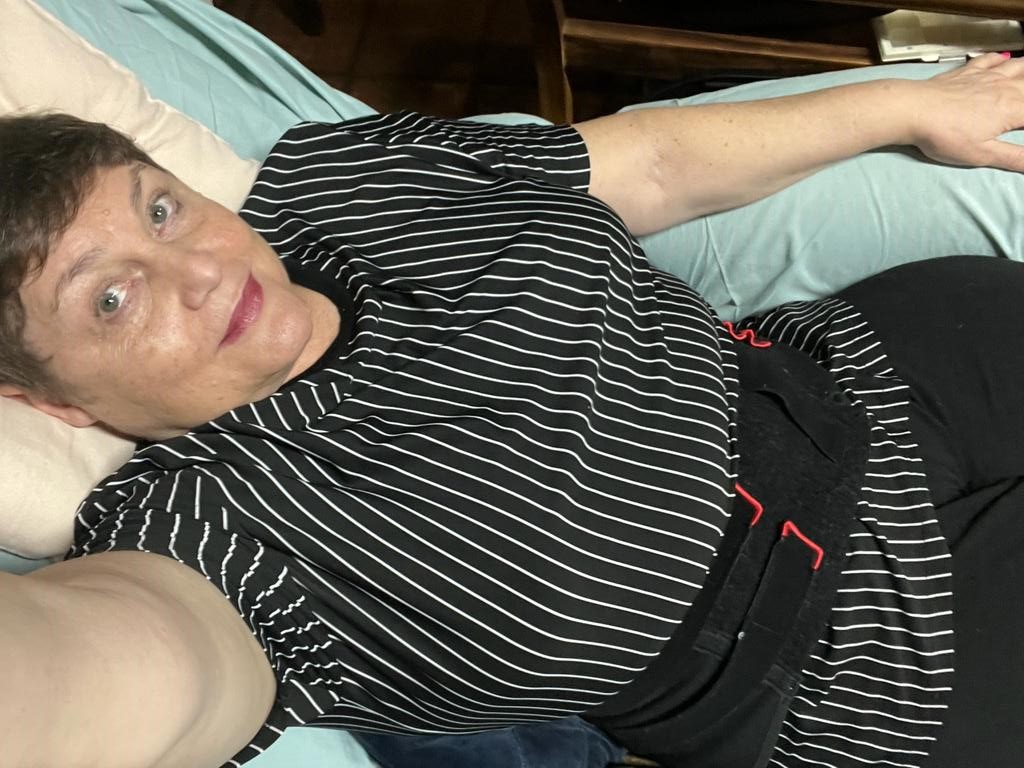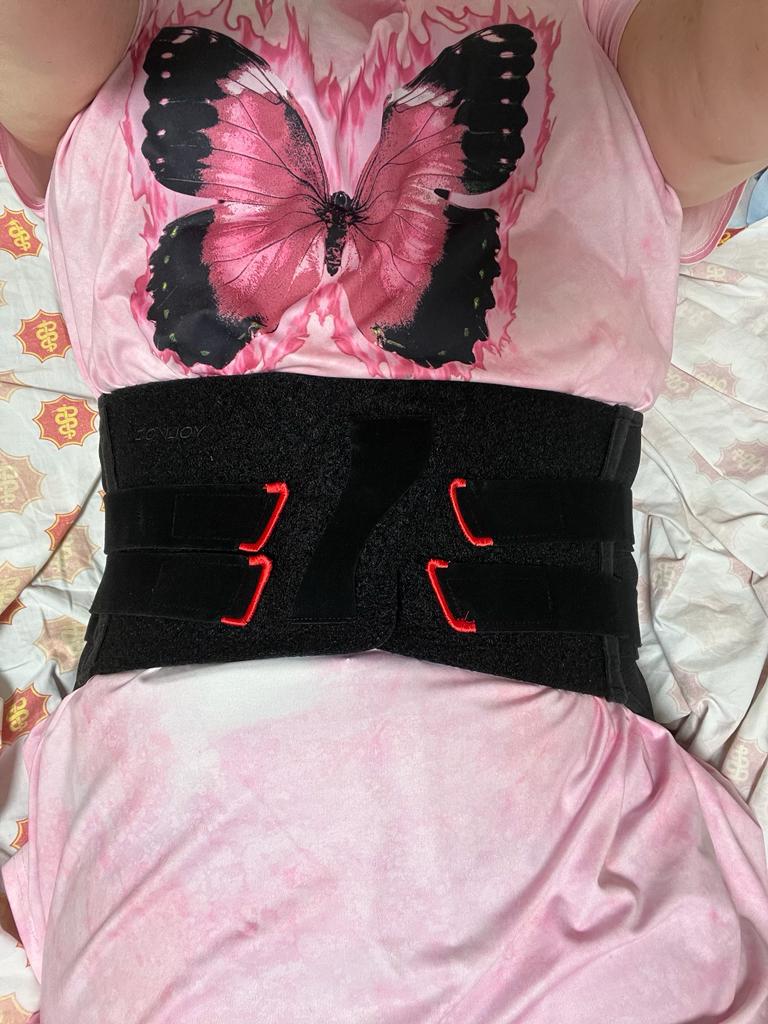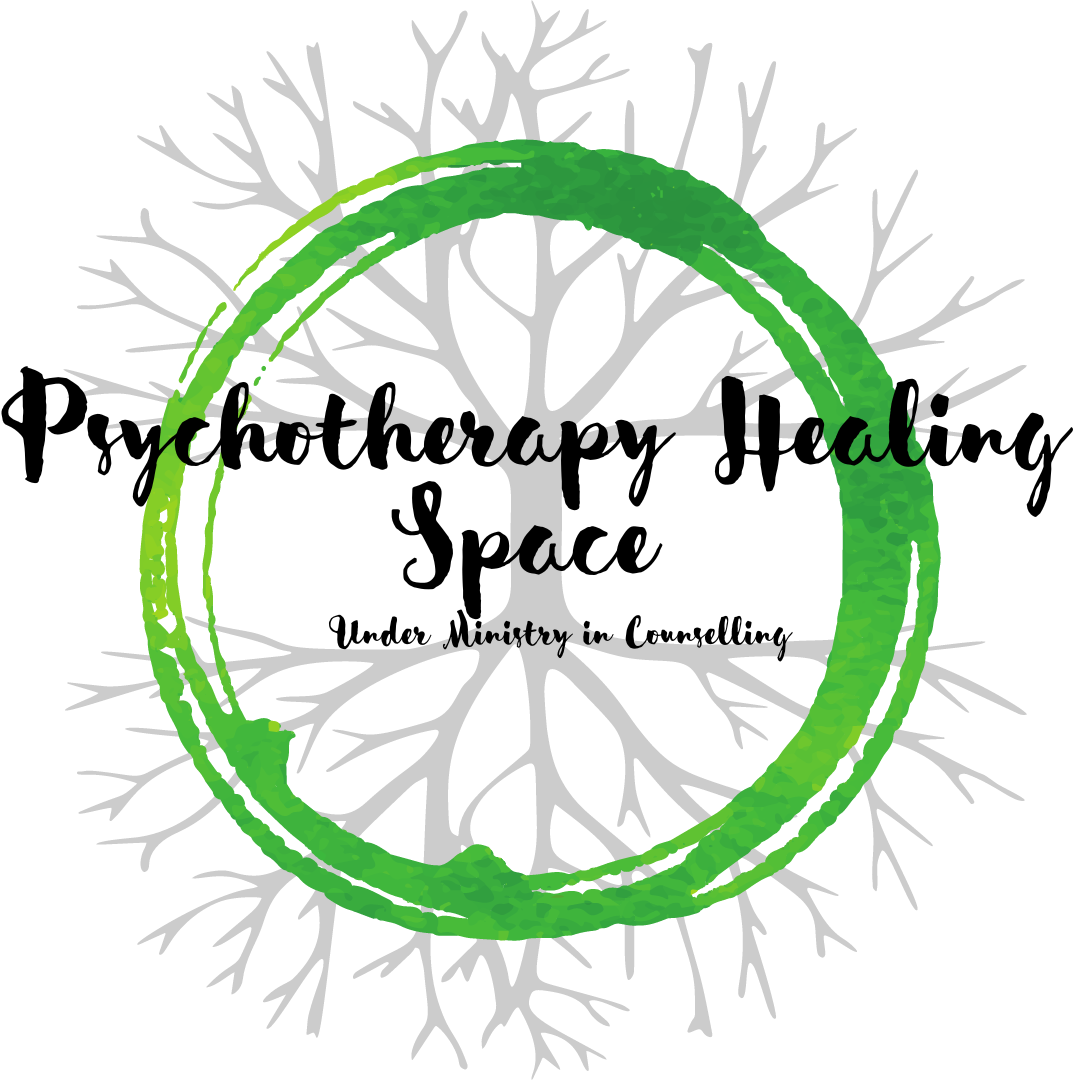“Compulsive overeating is a permanent disability. We do not look forward to becoming normal eaters at some point in the future. Until we accept the fact that our illness is irreversible, we do not learn how to control it.” Quoted from the app Food for Thought.
Quoted from the app Food for Thought.
My disability from birth has progressed into further health disabilities. As a permanently disabled person, my food disorder has been my hardest battle/disability to overcome. I cried so much when I read the above reading in the morning, and had to spend time to calm myself down. I still feel extremely triggered and unsettled.
My life experiences revolve around my disabilities. I write this as part of my life story. A way to share how my disabilities have shaped my life, how they look through my eyes, and, the role eating plays for me. To read about eating (food) as a disability is an extremely painful, to the point of an unbearable, thought for me.
Food was always been here to comfort me.
I had my first hip operation at eight months old. Hospitals are my second homes and I have a bag always packed with what I need – from extension cords to arts and craft I can do while stuck on my back.
When I struggled to adapt to different walking devices, food was there. There were no special schools in my time, no ramps and easy access doors or desks. I attended a normal school. In a wheelchair, and cringed when classmates teased me about my wooden leg and resented me for concessions made. Going home after school brought food and comfort.

When I had to go to university in a wheelchair and on crutches, food was always there to
take away the pain I felt as standing out as ‘weird’ in a normal, walking,
crowd. My actual appearance, that I was a bit fatter, did not matter because
the other visible disabilities received the attention.
When I started using a hearing aid, food was there to help me cope with one more loss
and adaption to my life. The shame and discomfort of needing to change the
batteries for a hearing aid in the middle of a talk that I was giving was
bearable, because food was often a gift afterwards. I consoled my bruised ego
with it.
Wearing different glasses to adapt to my eye ability on different days is not so
painful anymore – it’s just a hassle to always pack the cases when I leave the
house.
When I needed to start wearing nappies of sorts when I go out, and always carry dry underwear with me, shattered my self-esteem when I was only in my early fifties.
Shortly after that, my husband left me for an abled body woman. One he does not have to feel ashamed of for being disabled or overweight, or needed a nappy bag of sorts. And of course – she was not drowning her sorrows in food.
The deterioration of my bone and muscle structure from fibromyalgia and sclerosis through the years brought confinement and less and less engagement with the outside world. My best friend, food, was always confined with me and I was content.
My obesity triggered my high blood pressure and fatty liver.
It is NOT the cause of any of my other disabilities though. I do not have diabetes, and I thank God for small blessings daily. I started a twelve-step program to help me lose weight, but more importantly, to teach me how to live. I do it because I cannot move around with the weight I carry, and I want to at least enjoy the little mobility I have left.
I’ll need hand operations too which will leave me helpless because I will not be able to use crutches or wheelchair for a few weeks. I do not know if I will be able use my hands again for crutches after the operation. It is a bit daunting to think I won’t have food as my consolation.
Food and the activity of eating were my comfort and consolation. My mom carried so much pain for giving birth to me – even though she did not do anything wrong. She and I could eat together after a rejection happened to me and I came home sobbing. She taught me baking and cooking skills and easy quick recipes for immediate need gratification. I still love cooking and baking and hosting, although it is physically not possible maybe for more than twice a year.
Eating disorders are mental and sometimes physical disabilities. I think there is not enough education on the rehabilitation of the eating disabled. It needs so much more clarifying and explaining to teach how excruciating difficult rehabilitation of this disability is. An eating disorder is not just a phrase to be easily used in a metaphor – it can be hell.
Luckily it does not end there. In the affiliation of the program and the learning about my own and my fellows’ struggles, I learn to have new hope every day. I learn about patience and my Higher Power. I learn about one moment at a time and to celebrate every small victory. I am learning that I am a worthy and lovely human being.

Yours,
Dina


One Response
Thanks for sharing this Dina. As I get to know you more, I am left with more inspiration.